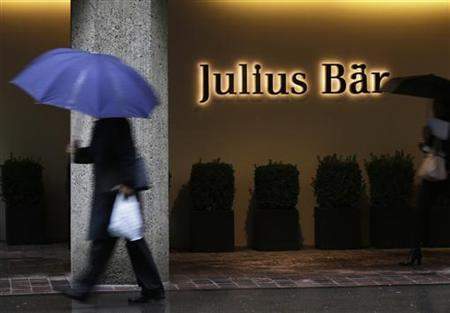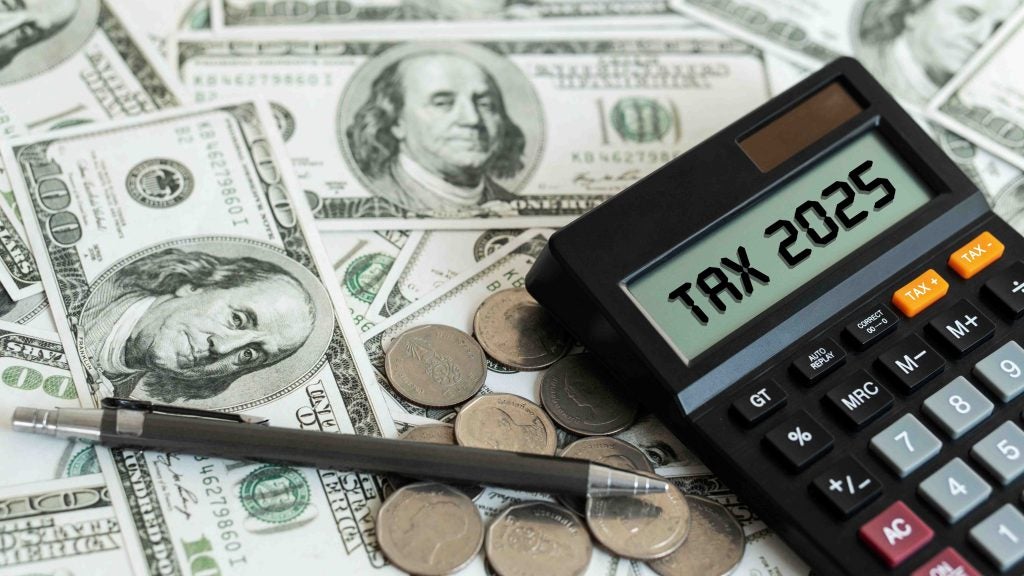
In the wake of UBS’ recent mammoth $3.7 billion fine for helping clients in France conceal assets, Private Banker International pours through the public records to find private banks’ biggest fines for aiding tax evasion in recent years.
UBS – $3.7bn (2019)
UBS was ordered to pay a fine of €3.7bn, plus €800m in damages, by a French court in February for helping clients hide assets worth billions of euros from the taxman between 2004 and 2012. This amounted to more than the entirety of the Swiss bank’s profits for 2018, and is quite possibly at the top of pile of private banks’ biggest fines.
UBS denies the claim and is currently in the process of appealing the penalty.
The world’s biggest bank by AUM, UBS is unfortunately no stranger to such expensive fines on account of enabling tax evasion, having paid €300m in 2014 and $780m in 2009, to German and American authorities respectively.
Credit Suisse – $2.8bn (2014)

Credit Suisse agreed to pay a then biggest private banking fine of $2.8bn in May 2014 after pleading guilty to helping thousands of Americans to evade tax.
According to US prosecutors, the bank had been deceiving tax authorities over a period of decades, concealing assets in illegal accounts.
Credit Suisse was at least able to avoid losing their banking licence in the US, or having to hand over client data, protected as it was at the time by Swiss secrecy laws.
Julius Baer – $547.25m (2016)

A third Swiss giant Julius Baer racked up another of private banks’ biggest fines when it was charged with knowingly helping taxpayers in the US conceal billions of dollars in offshore accounts. The fine amounted to $547.25m up-front, and forced the bank to abide by certain terms for the next three years, which it was found to have successfully done in February this year.
The United States Department of Justice (DoJ) found that Julius Baer helped many of its US clients to file false federal tax returns and conceal their accounts.
Two of the private bank’s client advisors pleaded guilty to counts of conspiracy to defraud the IRS and were found to have assured their clients that they were less vulnerable to the long arm to US law owing to Julius Baer not having offices in the USA, which proved to not be the case.
HSBC – $352m (2017)
HSBC’s Swiss private banking arm agreed to pay a €300m fine ($352m) in November 2017 after accusations by French authorities that it had shielded more than €1.6bn of client assets from tax.
This came only a month after HSBC agreed to pay a $101.5m fine to settle a probe by the US Justice Department into currency rate rigging.
In February 2018, HSBC announced that its Swiss private bank may have to pay as much $1.5bn in fines to settle various allegations of aiding tax evasion, money laundering and other unlawful practices.
BSI – $211m (2015)
Swiss private bank BSI was found to have aided US clients to create fake identities in order to evade taxes by the Department of Justice. BSI allegedly had more than 3,000 such accounts tied to US taxpayers, and reached a resolution to pay a fine of $211m.
BSI came forward under the Swiss Bank Program, launched in 2013, which was aimed at resolving potential liabilities in the US by encouraging banks to disclose cross-border activities.
BSI was integrated into local rival ESG in December 2017 at a price of CHF971m, a reduction from the originally agreed CHF1.06bn, thanks to the private bank’s involvement in the 1MDB scandal.









